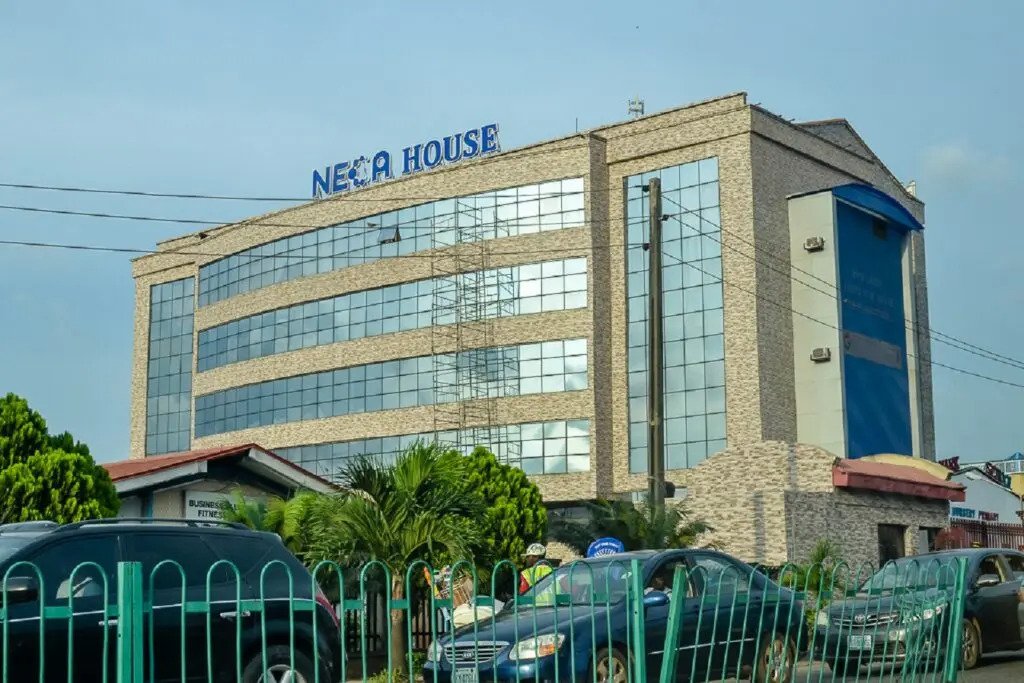The Imperative of Balanced Labour Policies for Economic Growth and Stability in Nigeria
The Nigeria Employers Consultative Association (NECA), a prominent voice representing employers in Nigeria, has underscored the crucial link between robust labour policies and national economic progress. In a recent forum held in Abuja, NECA’s Director-General, Adewale Smatt-Oyerinde, emphasized the need for policies that not only stimulate productivity but also safeguard the rights of workers. This call for a balanced labour ecosystem, where employers and employees are recognized as partners in progress, reflects the understanding that a harmonious work environment is essential for attracting investment, boosting regional trade, and ensuring economic stability.
NECA’s appeal for improved labour policies comes at a time when Nigeria is striving to enhance its economic competitiveness and create a more conducive environment for businesses to thrive. The country’s economic landscape is characterized by a dynamic interplay of various stakeholders, including employers, employees, government agencies, and international organizations. Each of these stakeholders plays a vital role in shaping the labour market and influencing the overall economic trajectory of the nation. NECA’s advocacy highlights the importance of collaboration and dialogue among these stakeholders to achieve a shared vision of sustainable economic growth and development.
Government’s Commitment to Fostering a Balanced Labour Environment and Promoting Industrial Harmony
The government, represented by the Minister of Labour and Employment, Muhammadu Dingyadi, has reaffirmed its commitment to fostering a conducive work environment where both employers and employees can prosper. This commitment underscores the government’s recognition of the importance of labour policies in shaping the nation’s economic future. The minister’s assurance of proactive engagement with stakeholders signals a willingness to address the concerns of both employers and employees, aiming to strike a balance between productivity enhancement and worker protection. This commitment to dialogue and collaboration is crucial for building trust and fostering a sense of shared responsibility in shaping the labour market.
Furthermore, the government’s emphasis on proactive engagement suggests a move towards preemptive measures to address potential labour disputes and maintain industrial harmony. By actively engaging with stakeholders and addressing their concerns before they escalate into conflicts, the government aims to create a more stable and predictable labour environment, which is essential for attracting investment and promoting economic growth. This proactive approach also reflects a commitment to fostering a culture of social dialogue, where stakeholders can engage in constructive discussions to find mutually beneficial solutions to labour-related challenges.
Legislative Efforts to Harmonize Labour Laws and Reflect Evolving Workplace Demands
The National Assembly, represented by the Chairman of the House Committee on Labour, Adegboyega Adefarati, and the Chairman of the Senate Committee on Labour, Senator Diket Plang, has echoed the importance of harmonizing labour laws to keep pace with the changing dynamics of the workplace. This recognition of the need for updated legislation reflects an understanding that existing laws may not adequately address the complexities of the modern work environment, which is increasingly characterized by technological advancements, globalization, and evolving employment relationships. The commitment to aligning labour laws with current realities demonstrates a proactive approach to ensuring that the legal framework governing the labour market remains relevant and effective in promoting fairness, job security, and economic stability.
The emphasis on harmonizing labour laws also signals a move towards streamlining and simplifying the regulatory landscape, potentially reducing bureaucratic hurdles and creating a more predictable environment for businesses. This effort to create a more coherent and efficient legal framework for labour relations can contribute to enhanced investor confidence and promote economic growth. The National Assembly’s commitment to aligning labour laws with international best practices further reinforces the importance of adhering to global standards and promoting a level playing field for businesses operating in Nigeria.
Addressing the Minimum Wage Implementation and Enhancing Child Education: Key Considerations
The Nigeria Labour Congress (NLC), a major umbrella organization representing workers in Nigeria, has welcomed the government’s approval of the General Education Act, viewing it as a positive step towards improving child education. The NLC’s support for this Act underscores the importance of education as a fundamental right and a crucial driver of human capital development. By ensuring access to quality education for all children, the nation can invest in its future workforce and create a more skilled and productive population, contributing to long-term economic growth and social progress.
However, the NLC has also expressed concerns about the implementation of the new N70,000 minimum wage, highlighting the need for effective enforcement mechanisms to ensure compliance by employers. This concern reflects the ongoing challenge of translating policy pronouncements into tangible improvements in the lives of workers. Effective implementation of the minimum wage is essential for ensuring that workers receive a fair wage, protecting them from exploitation, and promoting a decent standard of living. The NLC’s call for robust enforcement mechanisms underscores the importance of accountability and transparency in ensuring that the benefits of policy changes reach the intended beneficiaries.
International Perspective on Minimum Wage Increase and the Need for Enforcement
The Director-General of the International Labour Organisation (ILO), Gilbert Houngbo, has commended the government’s decision to increase the national minimum wage, recognizing it as a significant step towards improving the livelihoods of Nigerian workers. The ILO’s endorsement of the wage increase reinforces the importance of fair wages in promoting decent work and social justice. However, the ILO also emphasizes the need for effective enforcement to ensure that the wage increase translates into real improvements in workers’ incomes and living standards. This emphasis on enforcement aligns with the NLC’s concerns and highlights the importance of translating policy pronouncements into concrete actions that benefit workers.
The ILO’s commendation of the wage increase also reinforces the role of international organizations in promoting labour standards and advocating for decent work conditions globally. By collaborating with national governments and other stakeholders, international organizations like the ILO contribute to the development and implementation of policies that protect














